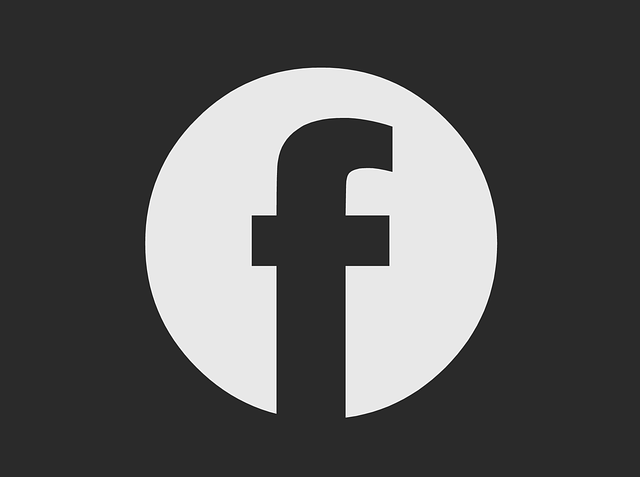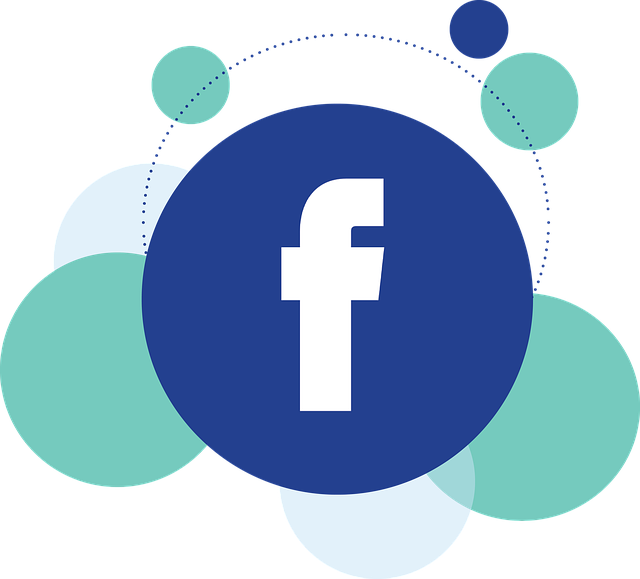Before crafting a social media strategy on Facebook, identify your target audience and set clear goals. Tailor messaging to demographics, interests, and pain points. For example, an online music learning platform might focus on musicians seeking skill enhancement. Use Facebook's diverse content formats and tools like groups and live streaming for knowledge sharing and community building. Diversify content with visuals, videos, stories, and text-based posts, maintaining a consistent schedule via scheduling apps. Optimize using analytics to assess engagement, reach, and conversion rates, continually adjusting strategies based on performance metrics.
Building an effective social media strategy from scratch can seem daunting, but with a structured approach, you can dominate Facebook and other platforms. This step-by-step guide focuses on crafting a winning strategy using Facebook as a starting point. We’ll explore defining your target audience and setting clear goals, choosing the right content types and frequency, and establishing consistent posting schedules. Additionally, we’ll unlock Facebook features like Groups, Events, and Live Streaming to amplify engagement. By monitoring, analyzing, and adjusting your strategy, you’ll master your Facebook presence and drive tangible results.
- Define Your Target Audience and Goals
- Choose Relevant Platforms: Facebook as a Starting Point
- Create Engaging Content: Types and Frequency
- Establish a Posting Schedule and Consistency
- Utilize Facebook Features: Groups, Events, Live Streaming
- Monitor, Analyze, and Adjust Your Strategy
Define Your Target Audience and Goals

Before diving into creating content or choosing the right social media channels, it’s imperative to define your target audience and set clear goals for your strategy. Understanding who your potential followers are — their demographics, interests, and pain points — allows you to craft messaging that resonates with them. For instance, if you’re an online music learning platform offering courses on music theory fundamentals, your target audience could be musicians of all levels seeking to enhance their skills.
Setting specific goals is also crucial. Do you aim to increase brand awareness by 20% within three months? Or boost website traffic through Facebook? Defining these objectives guides the entire strategy, helping you tailor content that not only attracts but also converts your audience. Keep in mind, effective social media marketing involves creating engaging posts, leveraging hashtags like #character_development_tips (for storytelling enthusiasts), and even outlining complex topics for simplified comprehension — all while ensuring your brand’s unique voice shines through.
Choose Relevant Platforms: Facebook as a Starting Point

When building an effective social media strategy from scratch, one of the first steps is to choose the right platforms. Facebook, with its vast user base and diverse demographics, serves as an excellent starting point. It allows for a wide range of content formats, from text and images to videos and live streams, catering to various audience preferences. Understanding your target market and tailoring your content accordingly can maximize engagement on this platform.
For instance, if you’re looking to promote exam preparation techniques or develop a business plan, Facebook groups and pages offer spaces for knowledge sharing and community building. Similarly, presentation design advice and foreign language immersion resources find an engaging audience here. Even if your focus is on something as diverse as multimedia project ideas or entrepreneurship 101, Facebook’s versatile features can help you reach and interact with the right people.
Create Engaging Content: Types and Frequency

Creating engaging content is a cornerstone of any successful social media strategy, especially on platforms like Facebook where competition for user attention is fierce. To stand out, aim for a mix of diverse content types—visuals, videos, stories, live streams, and text-based posts—that cater to different learning styles and preferences. For instance, use image-rich infographics to simplify complex concepts, short videos to demonstrate how-to tasks or share behind-the-scenes glimpses, and interactive polls or quizzes to encourage audience participation in a virtual classroom engagement setting.
Consistency is key when it comes to posting frequency. Start by defining a content calendar that aligns with your target audience’s online behavior and preferences. For student audiences, regular posting can help keep them engaged throughout the week. Share a mix of educational content, study tips, motivation quotes, or light-hearted entertainment to keep your feed dynamic. Remember, while it’s important to maintain a regular posting schedule, quality should never be compromised for quantity. Ensure each post adds value and encourages interaction, giving us a call at marketing strategies for students for further guidance on crafting compelling content.
Establish a Posting Schedule and Consistency

To build an effective social media strategy on Facebook, establishing a consistent posting schedule is paramount. It demonstrates professionalism and fosters engagement with your audience. Plan to post regularly; aim for daily updates to keep your page active and visible. However, quality over quantity matters; create a content calendar to ensure each post aligns with your brand message. This strategic approach ensures that your valuable followers receive valuable content consistently without overwhelming them.
Consistency is key to building a loyal following. Maintain a steady rhythm by setting specific times for content creation and sharing. Tools like scheduling apps can automate this process, allowing you to prepare posts in advance. Remember, consistency doesn’t mean redundancy; vary your content types—incorporate interactive polls, insightful articles related to art history or communication skills training, engaging videos, and even the occasional behind-the-scenes peek at coding for beginners. This diversity keeps your Facebook page dynamic and appealing.
Utilize Facebook Features: Groups, Events, Live Streaming

Facebook offers powerful tools that can significantly enhance your social media strategy. One such feature is Groups, which allows you to create communities centered around specific interests or topics. This can be particularly beneficial for language learners and enthusiasts, where members can share resources, ask questions, and engage in discussions related to their linguistic journey. By fostering these online interactions, you build a supportive environment that encourages knowledge sharing and bilingual education benefits.
Another engaging feature is Live Streaming, perfect for creating dynamic content. You can use it for language tutoring sessions, cultural events, or even interactive Q&A sessions with experts in the field. Live streaming allows for real-time engagement, making your content more appealing and memorable. Additionally, Facebook’s event creation tool enables you to organize virtual meetups, webinars, or workshops related to flashcard creation tips online learning platforms, language acquisition theory mind mapping techniques, or any other relevant topic that aligns with your target audience’s interests.
Monitor, Analyze, and Adjust Your Strategy

Social media strategy optimization is an ongoing process that requires constant monitoring and analysis. Regularly assess your performance metrics on platforms like Facebook to understand what’s working and what needs improvement. Utilize analytics tools provided by each platform to gain insights into user engagement, content reach, and conversion rates. Identify peak activity times and popular content formats to maximize your efforts.
Adjust your strategy accordingly, tweaking content types, posting schedules, and audience targeting. Experiment with different poetic devices or exam preparation techniques for engaging posts, but remember that authenticity is key. Create a history timeline of your successes and failures to learn from past experiences. Visit us at computer programming languages anytime to explore resources that can enhance your social media skills and keep you updated with the latest trends, ensuring your strategy remains dynamic and effective.
Building an effective social media strategy on Facebook begins with understanding your target audience and setting clear goals. By choosing relevant platforms, creating engaging content at optimal frequencies, and maintaining consistent posting schedules, you can establish a strong online presence. Leverage Facebook features like Groups and Events to foster community engagement, and incorporate live streaming for real-time interactions. Regularly monitor and analyze performance metrics to adjust your strategy, ensuring continuous improvement and relevance in the dynamic world of social media. Remember, success on Facebook – or any platform – comes from adapting to trends, listening to your audience, and staying true to your brand’s voice.



